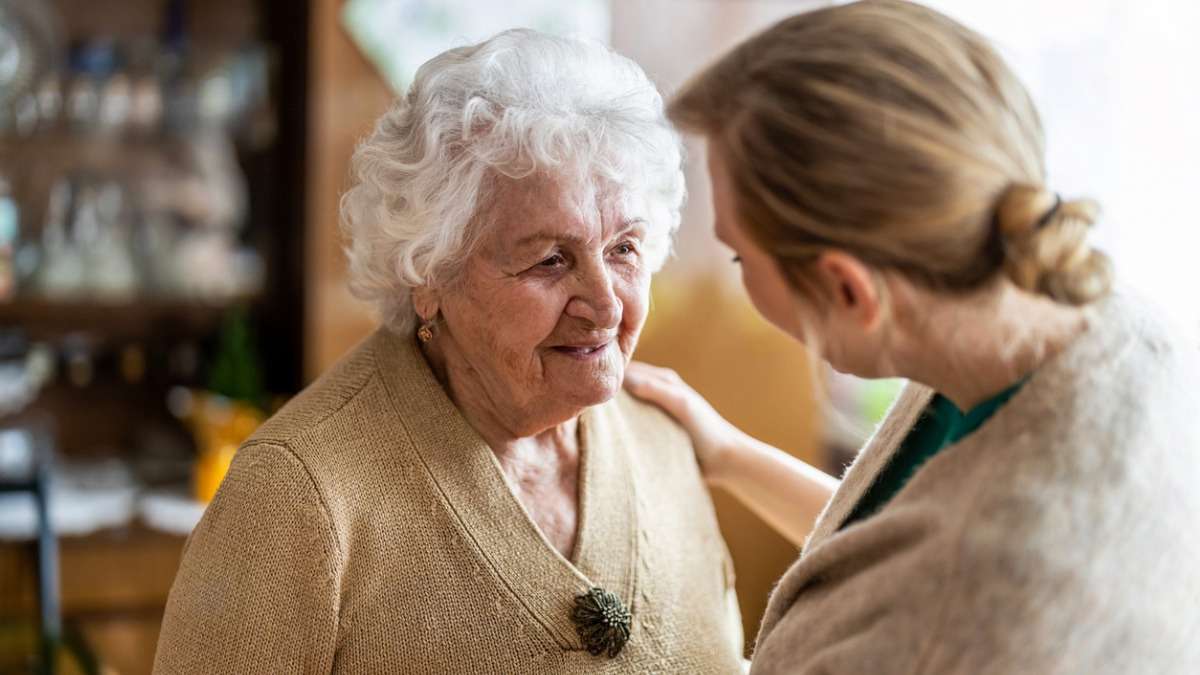
What Is Lewy Body Dementia?
More than 7 million adults 65 and older had dementia in 2020. Of those 7 million, about 1 million had Lewy Body Dementia (LBD), one of the most common forms of dementia behind Alzheimer’s.
For being such a prominent form of dementia, LBD is not widely known by the average person. Learning about the specifics of LBD can help you better understand dementia as a whole and give you guidelines for what to do if you or a loved one receives an LBD diagnosis.
What Is Dementia?
The CDC explains how dementia is a general term used to explain a person’s impaired ability to remember, make decisions, and think. Many people think dementia is a singular disease, but it can be any one of many forms of memory conditions. The natural process of aging is actually the biggest risk factor for dementia, as it most commonly develops after the age of 65.
The Specifics Of Lewy Body Dementia
Lewy Body Dementia (LBD) is a prevalent form of dementia that affects behavior, mood, movement, and thinking. Unlike other forms of dementia, which typically begin showing signs around 65 years of age or older, LBD usually shows up around 50.
This form of dementia occurs when an abnormal buildup of the protein alpha-synuclein occurs in the brain. These protein buildups, called Lewy bodies, affect neurons and brain chemicals, leading to the signs and symptoms of LBD.
Possible Indicators of LBD
The most common indicators of LBD are changes in a person’s thinking, movement, and behavior. Additional signs and symptoms can include trouble paying attention, challenges with vision and spatial awareness, unpredictable changes in alertness and concentration, visual hallucinations, sleep disorders, and movement changes such as tremors.
Tips For Caring For A Loved One With Lewy Body Dementia
It's difficult watching a loved one work through the stages of dementia. And while there may not be treatments to cure the conditions, there are steps you can take to help make life enjoyable for your aging loved one.
- Keep a routine. Routines can help with some of the confusion felt by loved ones with dementia. Try to keep everyday tasks like eating, bathing, and dressing at the same time each day.
- Reduce fall risks in the home. Dementia can affect a person’s movements and balance. Ensure their home is free of fall risks, and consider adding gadgets like grab bars and shower chairs. Download the free Visiting Angels Safe and Steady Fall Prevention Resource Guide for additional tips on reducing fall risks at home.
- Keep communication simple and short. Try not to overwhelm your loved one with information. Simple and short sentences and need-to-know information will be easier to receive.
- Ask for help with household tasks. Simple tasks like laundry, vacuuming, and dishes can be helpful for a loved one with dementia to partake in.
- Attend appointments. Doctors' appointments are where your loved one will receive a lot of information about their condition and care. Attending these appointments keeps you in the loop, especially if they cannot remember or comprehend what their doctor says.
- Take care of yourself. The best way to care for a loved one with dementia is to take care of yourself. Give yourself grace, and don’t forget to take care of your own well-being.
Dementia Care With Visiting Angels
Visiting Angels Portage, OH, provides professional dementia care and Alzheimer’s care services throughout Portage, Geauga, and Souther Cuyahoga counties. Whatever form of dementia your loved one might be facing, rest assured that our home care providers have the experience to help them live their lives at home securely and comfortably. Our caregivers are compassionately trained individuals who help with nonmedical tasks like medication reminders, personal grooming, cooking, light housekeeping, wandering prevention, and transportation.
If you’re curious how our dementia care services can benefit you or an aging loved one with Lewy Body dementia, contact our office to schedule a complimentary at-home consultation.
